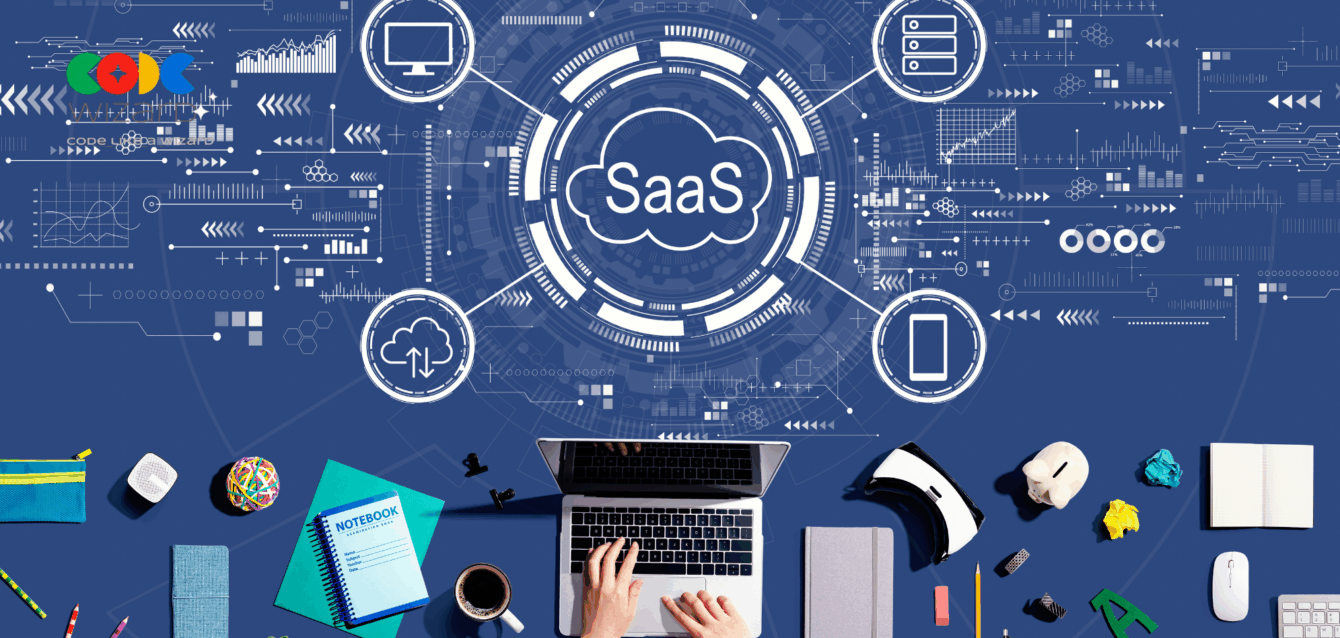Still Managing Hospital Operations Manually or on Outdated Systems?
You’re not alone. Many hospitals and clinics still struggle with scattered records, delayed billing, and scheduling chaos. If your hospital management system feels more like a burden than a solution, it’s time to upgrade.
In this blog, we’ll walk you through the top 10 features every modern hospital management system (HMS) should include—designed to enhance operations, reduce workload, and improve patient outcomes.
What Is a Hospital Management System?
A hospital management system is a comprehensive software platform that streamlines hospital operations, from appointment scheduling to billing, pharmacy, inventory, patient records, and doctor coordination.
Modern HMS platforms integrate seamlessly with tools like healthcare CRM, patient portals, and pharmacy software systems, ensuring smooth, secure, and scalable healthcare delivery.
Top 10 Must-Have Features of a Modern HMS
1. Centralized Patient Portals
Allow patients to view test results, track appointments, download prescriptions, and communicate with doctors via a secure pt portal or care portal. These are key for improving engagement and satisfaction.
2. Real-Time Appointment Scheduling
With scheduling software for hospitals, patients and staff can book or reschedule appointments in real time. The system should avoid conflicts and optimize slots based on availability.
3. Electronic Medical Records (EMR) Integration
A good HMS includes or integrates with health portals and medical patient record systems, giving doctors instant access to updated histories, lab reports, and imaging.
4. Billing & Invoicing Automation
Say goodbye to paper bills. With medical invoicing software and billing modules, charges are automatically calculated based on consultations, diagnostics, and pharmacy usage.
5. Healthcare CRM Integration
A powerful healthcare CRM system helps track communication, follow-ups, feedback, and even health campaigns—offering a 360° view of every patient.
6. Pharmacy Management System
Track drug inventory, expiration dates, prescription data, and vendor records through a fully integrated pharmacy management program. Alerts for stock levels and automated reorder rules are essential.
7. Role-Based Access Control
Admins, receptionists, doctors, and pharmacists should only see what’s relevant to them. Hospital database management systems with role permissions protect patient data and reduce confusion.
8. Reporting & Analytics Dashboards
With built-in analytics, hospitals can track patient flow, revenue, inventory turnover, and doctor efficiency—all visualized through user-friendly dashboards.
9. Mobile & Cloud Access
Modern HMS platforms should be accessible via mobile or web, enabling staff and doctors to manage data remotely and ensuring zero downtime.
10. Compliance, Data Security & Audit Trails
Compliance with HIPAA, GDPR, and local health regulations is critical. The system must maintain encrypted data storage, backups, and track who accessed what and when.
Benefits of a Feature-Rich HMS
Benefit | Without HMS | With Modern HMS |
Appointment Handling | Manual, error-prone | Real-time, optimized |
Billing | Delayed, inconsistent | Accurate, auto-calculated |
Data Access | Fragmented records | Centralized patient health portal |
CRM Integration | Non-existent | Full view of patient communication |
Pharmacy Operations | Paper-based or siloed | Integrated with HMS and inventory alerts |
Certainly, a smart HMS boosts both productivity and patient trust.
FAQ
1: What is a hospital management system used for?
It automates and manages core hospital functions like appointments, billing, pharmacy, records, and patient communication.
2: What is the role of a patient portal in HMS?
Patient portals give users access to their medical data, appointment status, bills, and more—enhancing transparency and reducing administrative calls.
3: How does HMS help in pharmacy management?
It connects with pharmacy software systems to track stock, prescriptions, expiry dates, and vendor supplies in real time.
4: What’s the benefit of CRM in hospital software?
Healthcare CRM improves follow-ups, reduces no-shows, and personalizes the patient journey—boosting loyalty and outcomes.
5: Can HMS be accessed remotely?
Yes, many modern HMS solutions are cloud-based or mobile-ready, making them ideal for hybrid care and multi-location setups.
Final Thoughts
A modern hospital needs a modern solution. By choosing a feature-rich hospital management system, you save time, reduce errors, and elevate the care experience—for patients and staff alike.
👉 Ready to build a smarter healthcare system?
Visit healthcare.code-wizard.ai and explore our customizable HMS modules built for the future of healthcare.







